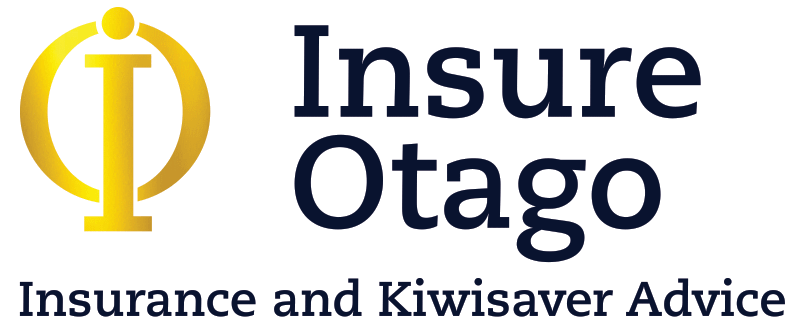Experiencing a serious illness can bring about a great deal of stress – not just emotionally, but financially too. To help Kiwi patients navigate their financial journey, the Cancer Society and Sorted.org.nz have recently created a handy guide to ‘Managing your money after being diagnosed with a serious or terminal illness’.
Click here to view it, and read on for some key takeaways.
Of course, it’s not something pleasant to think or talk about. But if you know of someone who may benefit from this resource, please don’t hesitate to share this article.
The importance of being proactive
Keeping a clear mind during stressful times can be challenging, but if your financial situation has been impacted, it’s important to take a proactive approach.
If you explain your circumstances to your lender, utility provider, landlord or even your employer, depending on your situation, they may offer to meet you halfway with a different payment schedule or other solutions.
Do you have insurance in place?
If you have insurance in place, depending on the policy, you may be able to claim on your cover. For example, some life insurance policies cover terminal illness as well. Plus, if you have health insurance, it may fund some of the treatment costs.
As insurance advisers, we can help you review what insurance you have and what you may be entitled to. Importantly, we’re here to liaise with your insurer on your behalf, making the claims process as simple as possible for you and your family.
Other help is also available
Need help managing debt or meeting payments with reduced income? You may like to know that there are agencies and budgeting services available, like the Citizen’s Advice Bureau and the Ministry of Social Development (to name a couple).
Work and a serious illness
A serious illness can sometimes involve time off work, and unfortunately, that is not a scenario where ACC will be able to cover you. In fact, ACC is designed to provide a partial replacement income only if you’re unable to work due to an accident-related injury.
So, what are your options there? If you’re an employee, the first point of contact is your employer. They will discuss with you your leave entitlements, rights, and any workplace benefits you may be eligible for. Here’s a helpful resource that you can share with them to inform the conversation.
As for available financial support, the guide recommends checking out income-supplement from the Ministry of Social Development as well as benefits available through Work and Income.
When to look for legal advice
If you’d like to learn more about your rights, seeking legal advice is a good idea. A lawyer can provide you with hands-on support if you’re experiencing challenges with your housing, employment, visa arrangements and more. Of course, their services come at a cost.
Alternatively, you can approach organisations like the Citizen’s Advice Bureau or Community Law for free legal help.
The bottom line
Being diagnosed with a serious illness can be overwhelming on too many levels to count. But the bottom line is, there could be help available. Whether that’s a Government benefit, your private insurance or quality financial advice, that helping hand may be closer than you think.
Disclaimer: Please note that the content provided in this article is intended as an overview and as general information only. While care is taken to ensure accuracy and reliability, the information provided is subject to continuous change and may not reflect current developments or address your situation. Before making any decisions based on the information provided in this article, please use your discretion and seek independent guidance.

